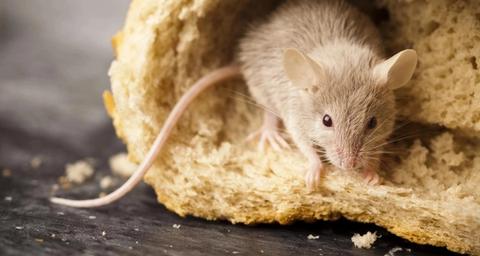Rats in your home or yard
Finding rats in homes and yards is more common than you might think. They approach human settlements looking for food, water and shelter, and they find all this easily near us. They build nests and burrows in sheds, walls, garages, attics, soil, densely grown vegetation and many other places.
A rat infestation in your home or yard can cause major damage to your property and stocked goods. Rats represent a real hazard since they can transmit dangerous diseases to humans and pets via direct or indirect contact (bites, contaminated food and water, contact with feces and urine, etc.).
Rats are not so easy to get rid of
Rats are very intelligent animals who quickly learn to avoid traps and get used to repellent methods like strong odors and ultrasounds.
They can even become resistant to certain rat poisons, and in any case, poison is not the most advisable method to control a rat infestation since it can be dangerous for children, non-targeted animals, and the environment.
Are rats dangerous?
Wild rats prefer not to interact with humans, so they are not dangerous unless cornered or attacked. Never try to catch a wild rat with your bare hands to avoid bites or scratches.
The danger resides in the direct or indirect contact with them. Rats can transmit serious diseases to humans such as rabies, cholera, the plague, hepatitis or salmonella. Transmission can occur through direct contact, bites or indirectly through ingestion of contaminated food or water that has come into contact with rodents or their droppings.
In addition, the corpses of dead rats in walls, crawl spaces or in the attic may also attract other vermin, which can also have adverse consequences.
Furthermore, their gnawing can cause severe infrastructural damage, ruin crops or stocked goods, and destroy wiring in machinery, equipment or vehicles.
